Hundreds of millions of people around the world live in “energy poverty” with little or no access to energy, whether this be electricity to light their homes or fuel to power their vehicles and cookstoves. This is an egregious situation that must be addressed because energy is essential to human development and access to it is a fundamental right. However, energy produced by fossil fuels is also a major contributor to global warming and the extreme weather events that are disrupting livelihoods and lifestyles everywhere—and hurting the world’s poor the most. It is therefore essential that we ensure equal access to energy that is cleanly generated.
The number of people who live without any electricity at all declined for many years but began rising again in 2022, when it was estimated to have reached 775 million. An equal number of people, or more, live without reasonably reliable electricity access. In essence, they are locked out of the modern world and the global economy. They cannot refrigerate food and they must cook over stoves fueled by highly polluting and unhealthy energy sources like coal, wood, or even dried dung. They are unable to heat or cool their homes, work or study at night, use tools or appliances that make life easier (and free up time for other activities), or connect to the rest of the world through radio, television, and internet. Their ability to earn a living is severely impacted; potential remains unfulfilled and dreams of a better future are forsaken.
King Philanthropies seeks to catalyze solutions at the intersection of climate and livelihoods, so we support organizations who work to provide reliable and affordable access to clean electricity. This improves health, increases productivity, raises living standards, and reduces poverty; if this electricity is clean, its positive impact is increased. Most people who live without electricity are in Sub-Saharan Africa, so that’s where we are developing a portfolio of partner organizations who are using various methods to bring clean energy to people who have spent their lives without electricity.
Solar is one of the most viable and affordable ways to bring electricity to people currently living off the grid. Solar home systems are easy to deploy, install, and maintain—but the power output they provide is often insufficient. Our portfolio company Energicity addresses this problem via scalable, solar-powered mini-grids that it builds, owns, and operates. Another portfolio company, Okra, does so through a hardware + software mesh-grid solution that it sells to project developers. Solar powered households that are connected by these grids can then share power to strengthen the grid’s reliability and maximize network uptime.
An estimated 270 million Africans could afford solar home systems which are financed over time on a pay-as-you-go basis. The problem is that 90 percent of these people do not have a credit score. This means solar operators can’t assess the credit risk of their potential customers and are unable to demonstrate the economic viability of their business to potential investors. Our portfolio partner Nithio addresses this problem by accurately assessing the credit risk of solar customers; it then helps investors, local banks, and grant-makers in the sector understand household credit risk. It also makes its own loans to distributors who are providing energy access to last-mile customers.
Efficient, safe, and affordable transportation is also essential to individual and societal development. It enables people to pursue education, seek formal employment, and improve their lives in myriad ways. But 95 percent of the world’s transport energy still comes from fossil fuels that exacerbate climate change and air pollution. That’s why electric vehicle adoption is critical in the effort to reduce pollution and tackle climate change by reducing GHG emissions. An affordable and achievable way to hasten this process is to retrofit vehicles that are currently powered by internal combustion engines (ICE) and make them run on electricity. Retrofitting an ICE vehicle is significantly less expensive than purchasing a new electric vehicle (EV). Likewise, the total cost of owning a fleet of EVs is appreciably lower than that of owning an ICE fleet, with savings due primarily to maintenance and fuel costs.
King Philanthropies has invested in Shift EV because it provides this service—which it calls “electrofitting”—to commercial vehicle owners in Egypt via a subscription that requires no upfront expenditure. Shift EV’s retrofitting solution will likely yield 4.2 million tons of carbon dioxide emissions savings over the next five-year period alone—a number that will increase considerably as the company expands its services to other markets. It will also lead to a significant reduction in air pollution, which will be immediately impactful for residents of rapidly urbanizing cities. The accelerated adoption of clean vehicles would save 25 million years of life by 2030 alone, with the highest gains in regions that have the highest poverty rates.
Clean energy access is a critical enabler for economic growth, one that underpins agriculture, business, communications, education, healthcare, and much more. Through our support of portfolio companies providing renewable and clean energy solutions in Africa, King Philanthropies is helping communities who are most impacted by, but least responsible for, climate change.
Related Portfolio Organizations
Tap Each Image to Read More

